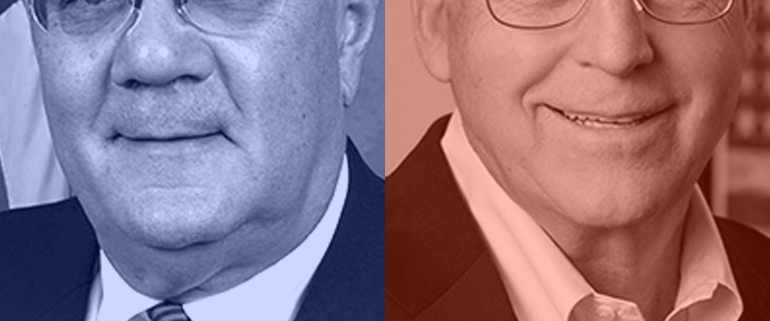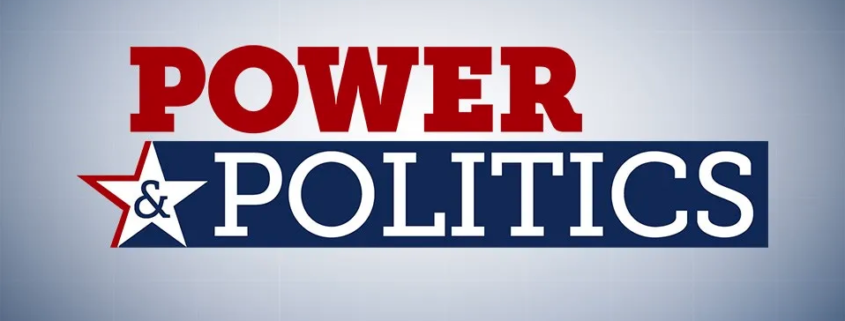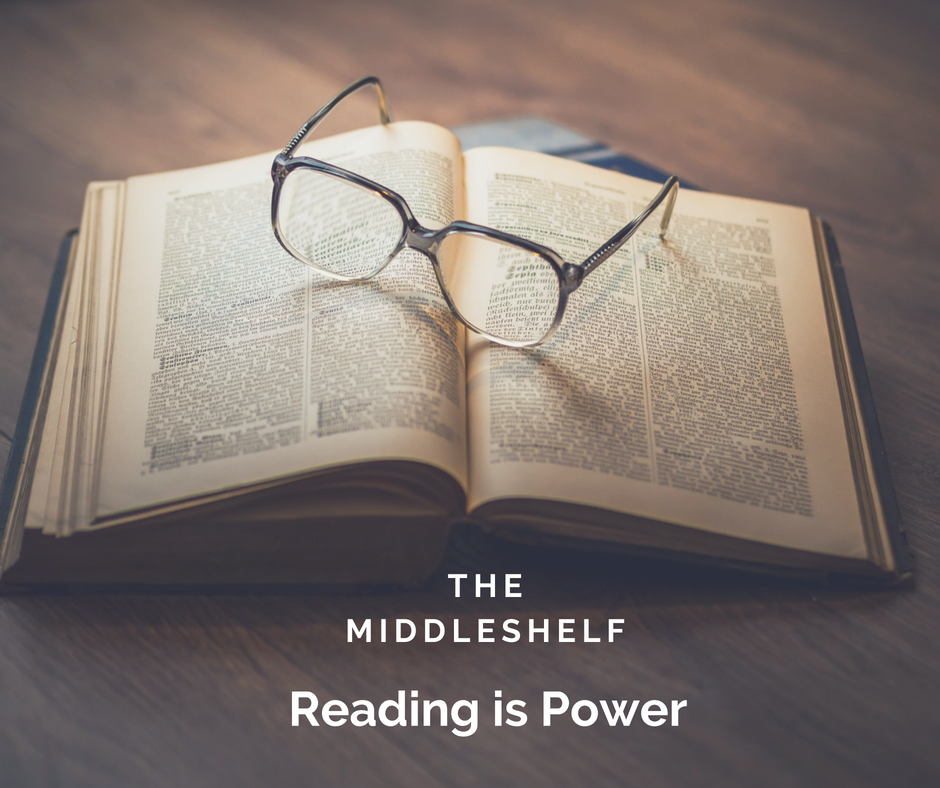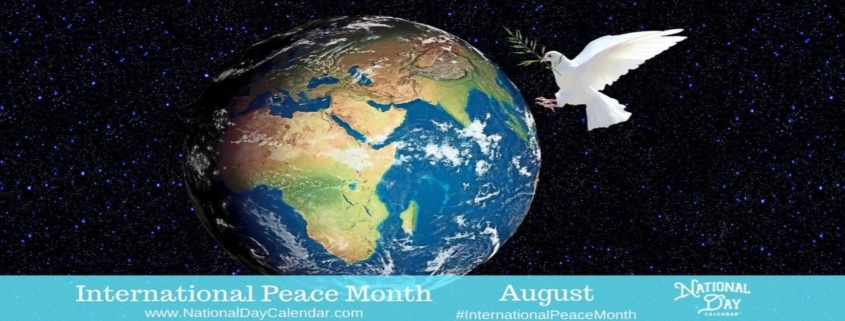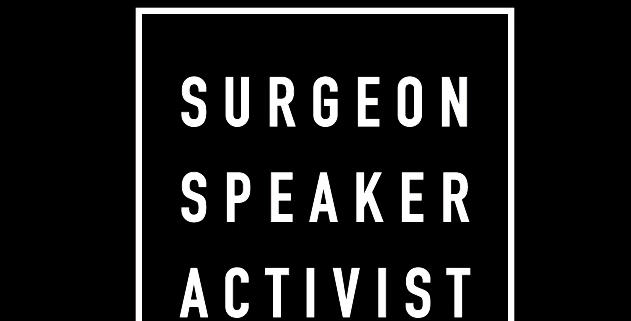Hello Middleshelfers, happy last week of July!
Our focus during the month of July has been on recommending books on the origins of our nation’s government and some of the people who influenced our most significant documents that we still reference for guidance and law. By looking back at the thoughts and ideas that our Founders espoused, theoretically, we should have some type of starting point to debate and find common ground on what our nation stands for today.
We often look back on the Founders with a degree of nostalgia as if they were this collective group who, unlike today, found unanimity of thought to achieve the Declaration of Independence and ultimately the U.S. Constitution. After all, they were not burdened by the internet and 24 hour a day news cycle or the extreme partisanship we face today that hinders civil discourse. Yet the truth is they were every bit as divided, subject to rancor, backroom deals, and political motivation that ended friendships (Jefferson and Adam) and alliances, and even lives (Burr and Hamilton). But what is striking is that with it all, they did achieve the ultimate compromise of ratification of the Constitution. They reached common ground and got something done.
How did they achieve compromise and are there lessons from their process that we can take away today? One way was through writing and reading. Once the constitution had been drafted it was left to many of the Founders to go back to their states and persuade voters to ratify. There we no TV pundits or televised debates; not blogs or posts or ads as we think of the methods of persuasion today. Rather, there were essays written explaining and exploring ideas.
The Founders took the time to dissect each other’s views and philosophies. No sound bites but rather thoughtful responses laying out their arguments for public consumption through newspapers and pamphlets. It is that deliberate process that we might do well to adopt. Our leaders should be required to take the time to explain their positions and what it would take for there to move towards common ground.
To that end, we are recommending a fresh look at both The Federalist Papers and the lesser known Anti-Federalist Papers. The Federalist Papers were are series of essays written by James Madison, Alexander Hamilton and John Jay that laid out not just a variety of reasons why the Constitution should be ratified but a much bigger philosophical idea:
“It has been frequently remarked, that it seems to have been reserved to the people of this country, by their conduct and example, to decide the important question, whether societies of men are really capable or not, of establishing good government from reflection and choice, or whether they are forever destined to depend, for their political constitutions, on accident and force.”
The fact is that The Federalist Papers were in actuality not as influential in getting the Constitution ratified as many have been led to believe. While the work is often cited in court cases and judicial arguments as a way to search for Founder intention, it was not widely circulated beyond the State of New York where the writers were based and in fact, New York was not among the first states to ratify. Regardless of its place in persuasion, it is an example of compromise. Hamilton was not in favor of including a Bill of rights in the Constitution and one of his essays explores that concept. Yet despite his ardent argument in Paper 84, he and Madison compromised.
The Anti-Federalist Papers are somewhat less well known. They too were a series of essays but from a more widely scattered and less centralized group. These essays reflect the core belief that without a Bill of Rights for individuals, there should be no ratification. They were successful in getting James Madison to add the enumerated Bill of Rights to the Constitution. This group included well-known heroes of the American Revolution such as Patrick Henry and Samuel Adams, though the actual writers are perhaps less well-known and it was not until the mid-20th Century that The Complete Anti-Federalist was compiled.
As we wrap up our look at the Founders, we point to these essays as an example of how compromise can be achieved through thoughtful discourse. Next month we will be looking to step away from American history, and given that it is International Peace Month, we will be looking at common ground on a more international historic basis.



